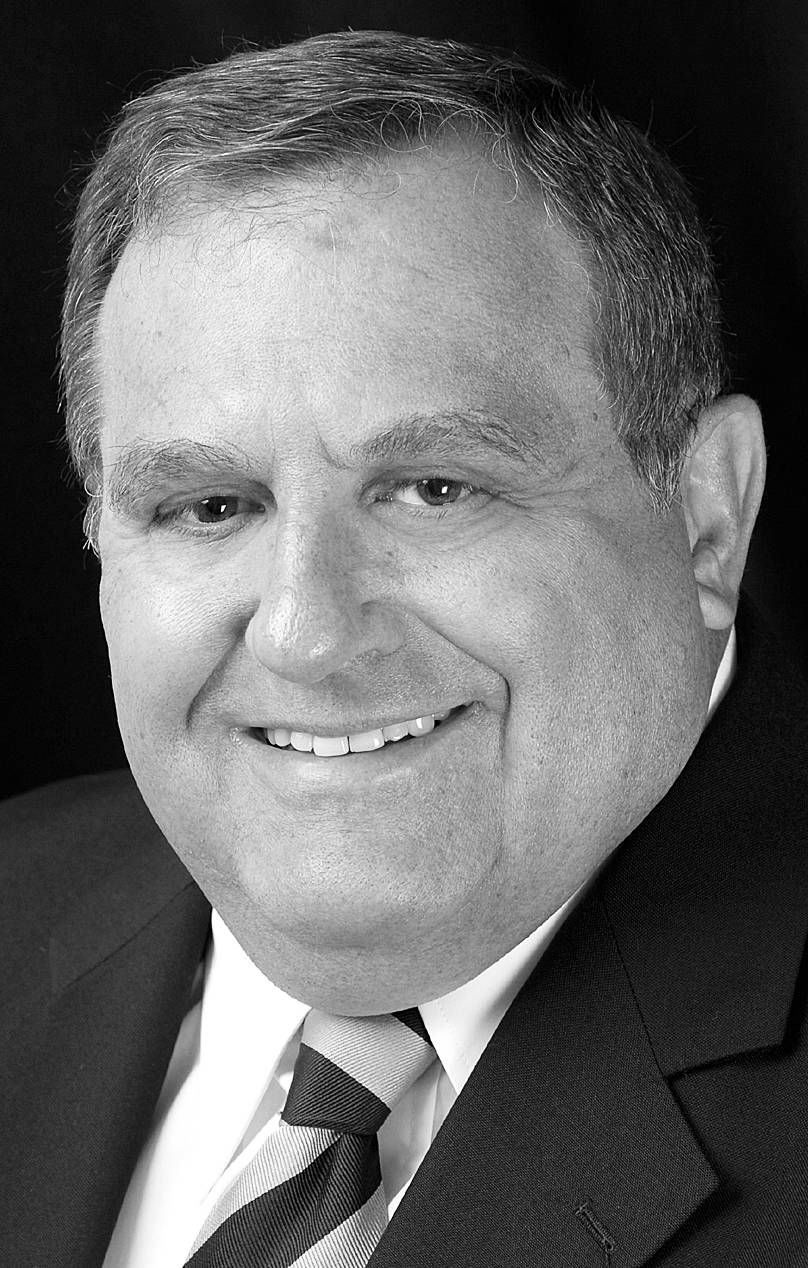While most of our attention in the Pacific Northwest these days is on trade wars, tariffs and wildfires, there are critical talks underway between the U.S. and Canada over future allocations of the Columbia River system’s water.
The two countries are renegotiating the Columbia River Treaty, which went into effect in 1964. It is a 50-year agreement under which both nations can redo providing there is a 10-year advanced warning. That occurred and negotiators are now busy meeting. A new agreement would begin in 2024.
At the time of its initial ratification, the Columbia River Treaty focused on two primary purposes: flood control and power generation. It was intended to control flood waters such as wiped out Vanport in the 1950s and bring low cost electricity to the region. Today, there is a wider array of issues on the table.
For example, since 1960 the combined population of Washington, Oregon, Idaho, Montana and British Columbia has grown from 7.6 million to over 19.5 million people. Our exploding population growth shows no signs of slowing.
In December, the U.S. Census Bureau found Idaho’s population boomed by 2.2 percent over the last year. Idaho led the nation in percent of population growth during that period. Right behind was Washington at 1.7 percent.
Our expanding population means many communities along the rivers have greater residential, industrial and commercial water requirements. Simply, more people need more pure fresh water.
Water conservation can help offset the need for new supplies and should be part of the new agreement.
For example, as irrigated agriculture expands, new irrigation sprinkler systems are much more efficient requiring much less water. They apply water to crops at the best time and places; and in the needed amounts. Nelson Irrigation, Inc., is world leader in water conserving sprinkler technology and manufactures its products in Walla Walla.
Washington State University estimates that irrigated agriculture, including grapes for the wine industry, comprises some 60 crops that add up to two-thirds of the state’s agriculture and bring in some $3 billion in revenue annually. Today, about 5.1 million acres are irrigated with water from the Columbia River and its tributaries
In Washington, hydropower has supplied more than 70 percent of our electricity. It is low cost, reliable power, which makes irrigated agriculture, semiconductor manufacturers, internet server farms, Boeing and other electricity intensive industries competitive.
Likewise, the U.S. Army Corp of Engineers estimated “barging on the inland Columbia Snake River System moves, on average, approximately 10 million tons of cargo valued at more than $3 billion each year. Forty percent of the Nation’s wheat transits through this system.”
The Corps is responsible for flood control on the American side of the border. Many of the Columbia’s storage reservoirs are in Canada. Since the treaty was signed, massive Libby Dam on Montana’s Kootenai River came on line. Lake Koocanusa holds 13 percent of the total water stored in the Columbia River system.
New offsetting payments for water storage and power production are needed.
Restoration of salmon and steelhead runs need to be a primary focus point. While much has been accomplished, there is more to do. The differences between commercial, sports and tribal fishermen – and biologists – are deep, but not insurmountable.
Hopefully, as the talks continue, the tone will remain constructive. There is lots at stake for both of our economies, environment and ways of life.
Wouldn’t it be refreshing if, at the end of the negotiations, the outcomes find common support? There is a desperate need for rational discussion among people who actually listen rather than shout one another down and smudge those with differing points of view.
Don Brunell, of Vancouver, is a business analyst, writer and columnist. He can be contacted at TheBrunells@msn.com.
Talk to us
Please share your story tips by emailing editor@kentreporter.com.
To share your opinion for publication, submit a letter through our website https://www.kentreporter.com/submit-letter/. Include your name, address and daytime phone number. (We’ll only publish your name and hometown.) Please keep letters to 300 words or less.

